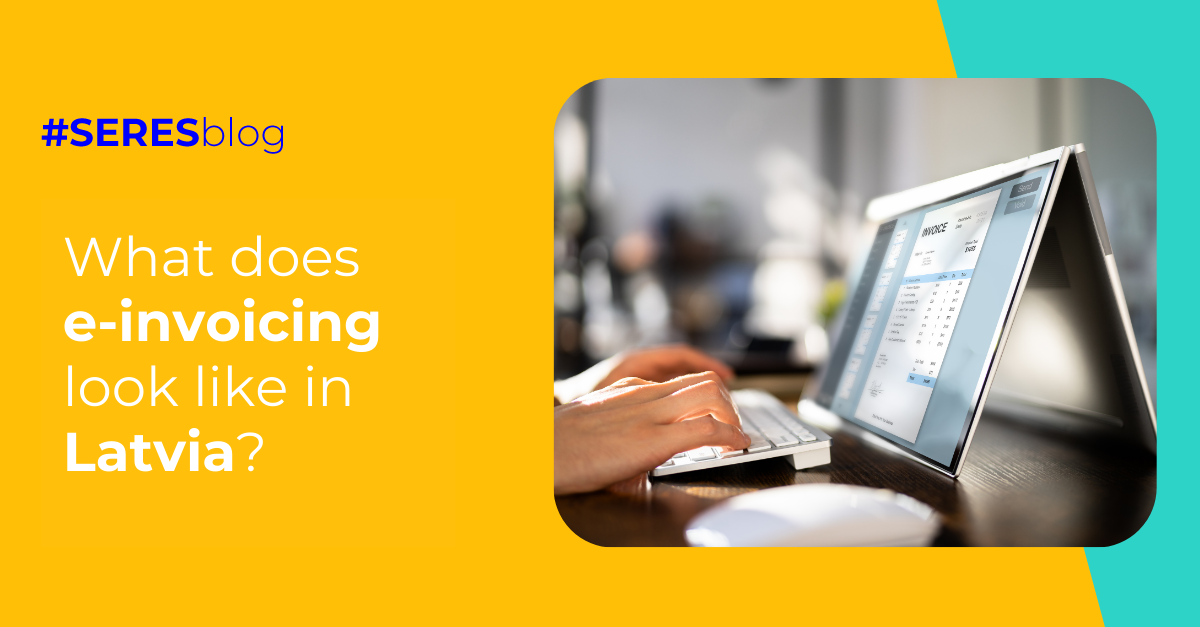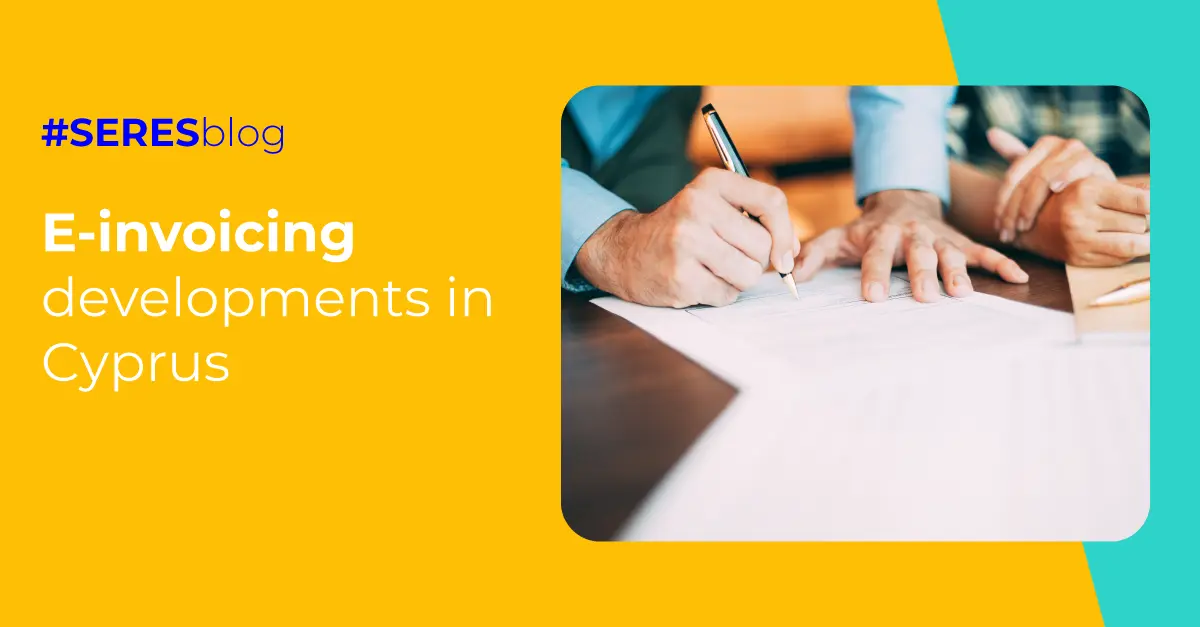Implementation of mandatory e-invoicing in the Czech Republic
Mandatory electronic invoicing with Czech institutions was established in the country on 1 October 2016, the year in which European countries such as Switzerland and Croatia also made it mandatory.
The Czech Republic began implementing eInvoicing in 2015, the year in which it launched the Národní elektronický nástroj, NEN, platform, developed by the Ministry of Regional Development and that replaced the Public Procurement and Concessions Portal, called Portál VZ. In 2017, NEN became the mandatory eProcurement tool to force all State suppliers to carry out eInvoicing.
All these changes are included in the Czech Act no. 134/2016 Coll, which transposes the instructions in Directive 2014/55/EU which forces all EU countries to establish mandatory electronic invoicing in public procurement or B2G relations.
In terms of the technical specifications, the European Directive establishes the use of a common format: UBL 2.0. In the case of the Czech Republic, UBL ISDOC was implemented.
At the time of the regulation, the Czech government chose UBL ISDOC as the format, which must be adapted to the single European format to allow for the interchange of electronic invoices with other European Union countries.
Adaptation to the single European format and the changes required by the EU are reflected in the Public Procurement Strategy in effect since 2016 and which will be extended by the Ministry of Regional Development, the Ministry of Finance and the Ministry of Internal Affairs until 2020.
The implementation of eInvoicing in the Czech Republic is currently going according to plan. On 8 January 2018, the Czech Office for Standards, Metrology and Testing (ÚNMZ) oversaw the translation of the European legislation into Czech, and it was integrated into the system of national technical standards, ČSN.
In 2019, the Czech Republic is expected to complete its adaptation to the single European format and to the legislation established to facilitate the interchange of invoices with other European Union countries.


